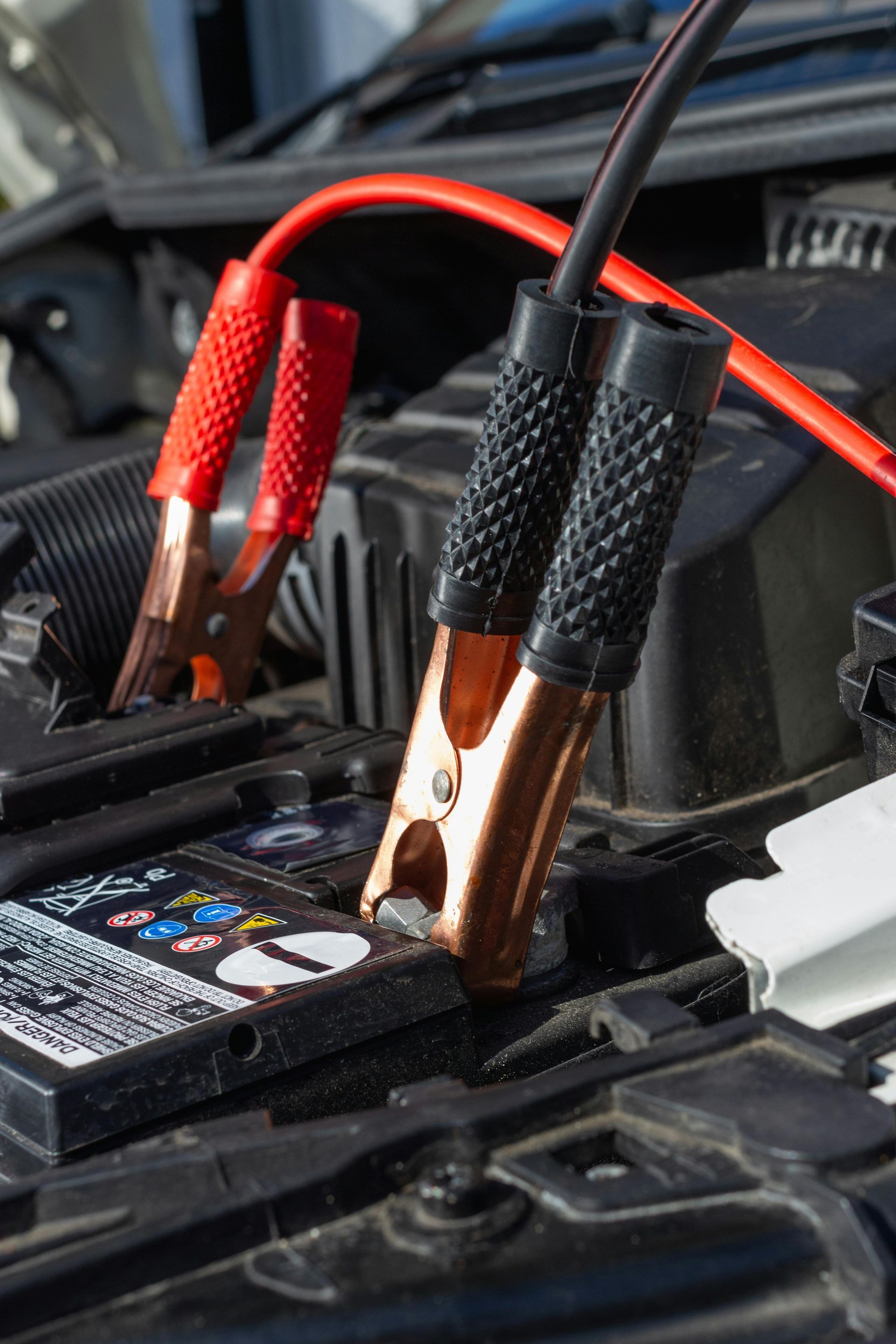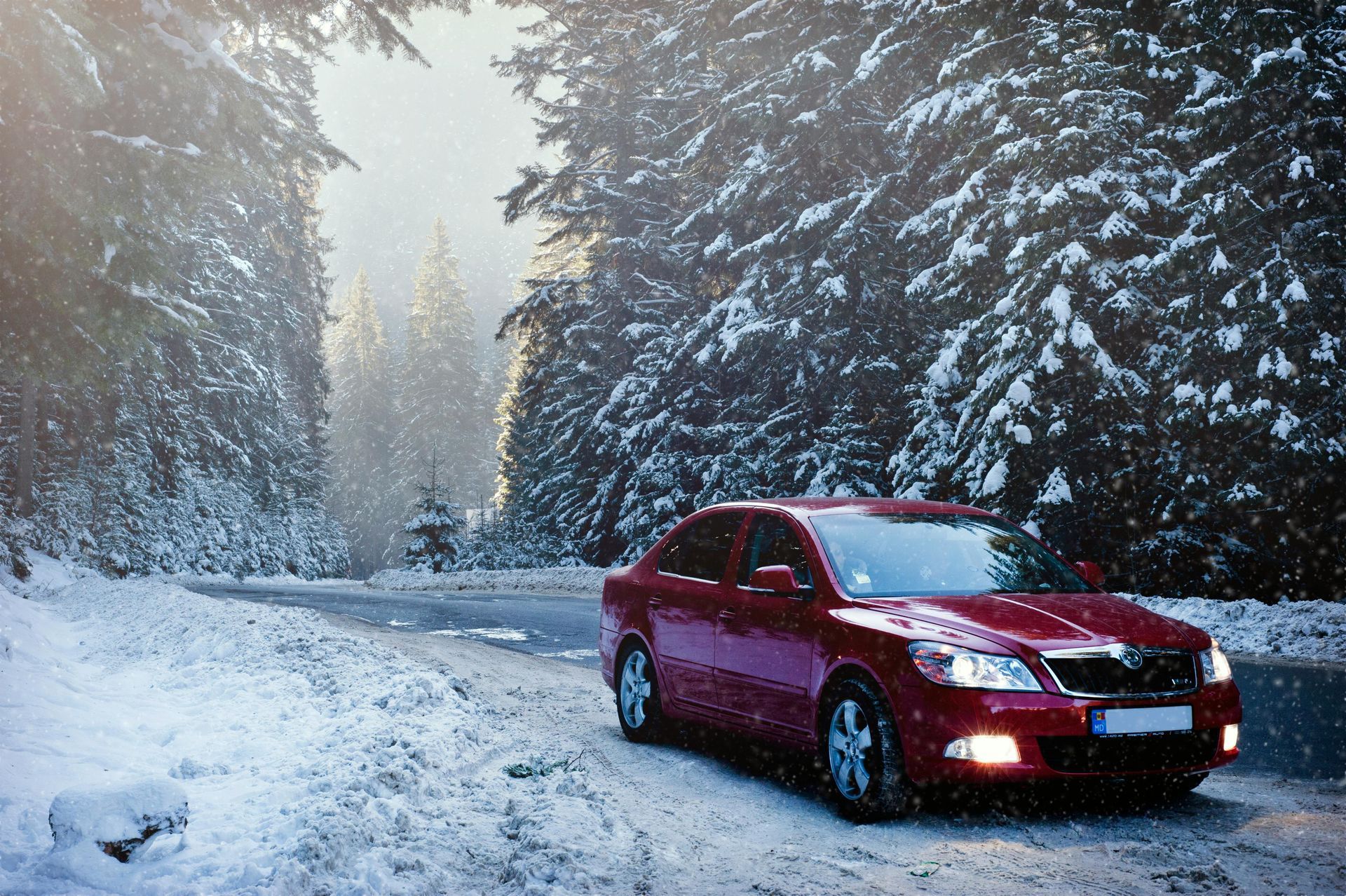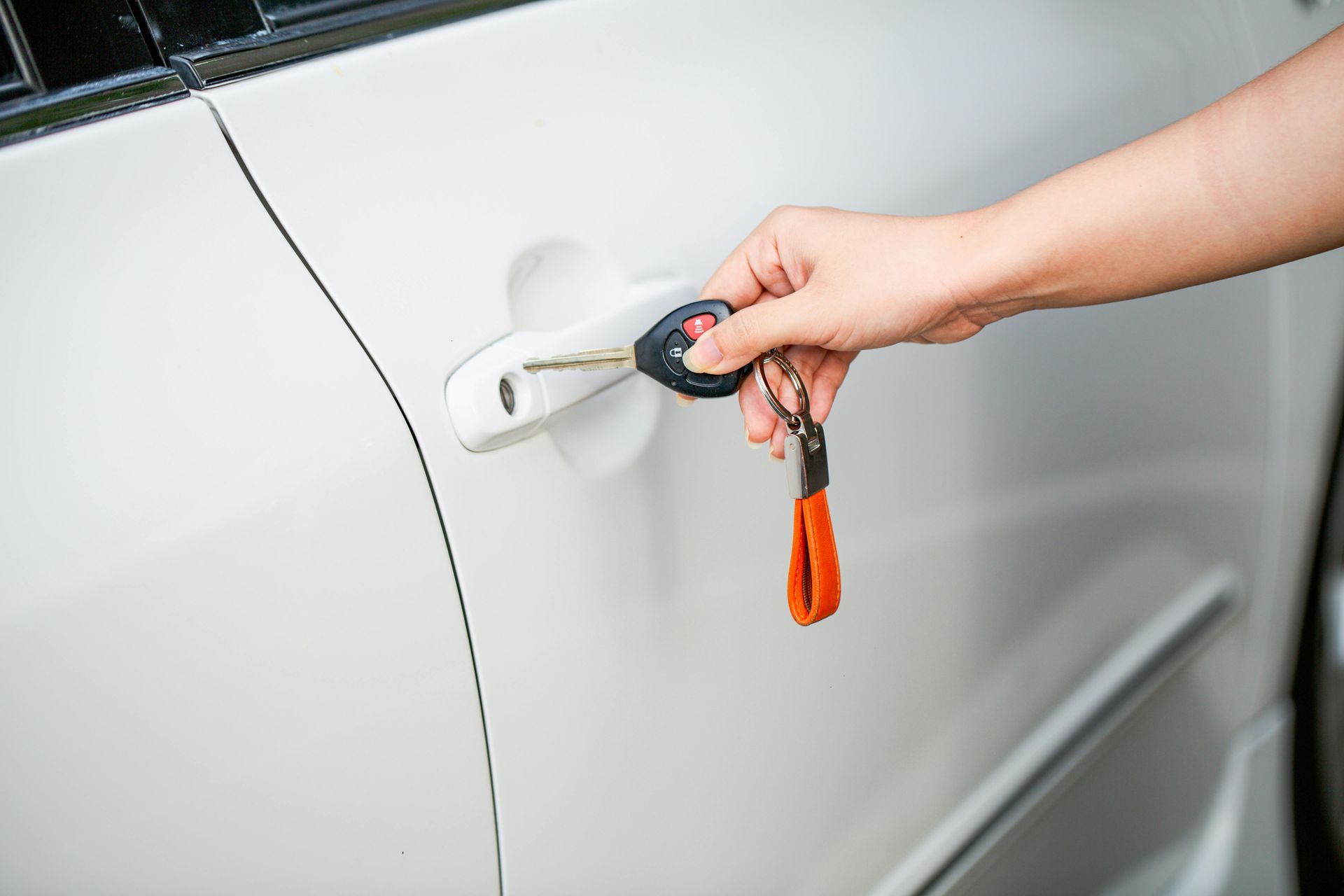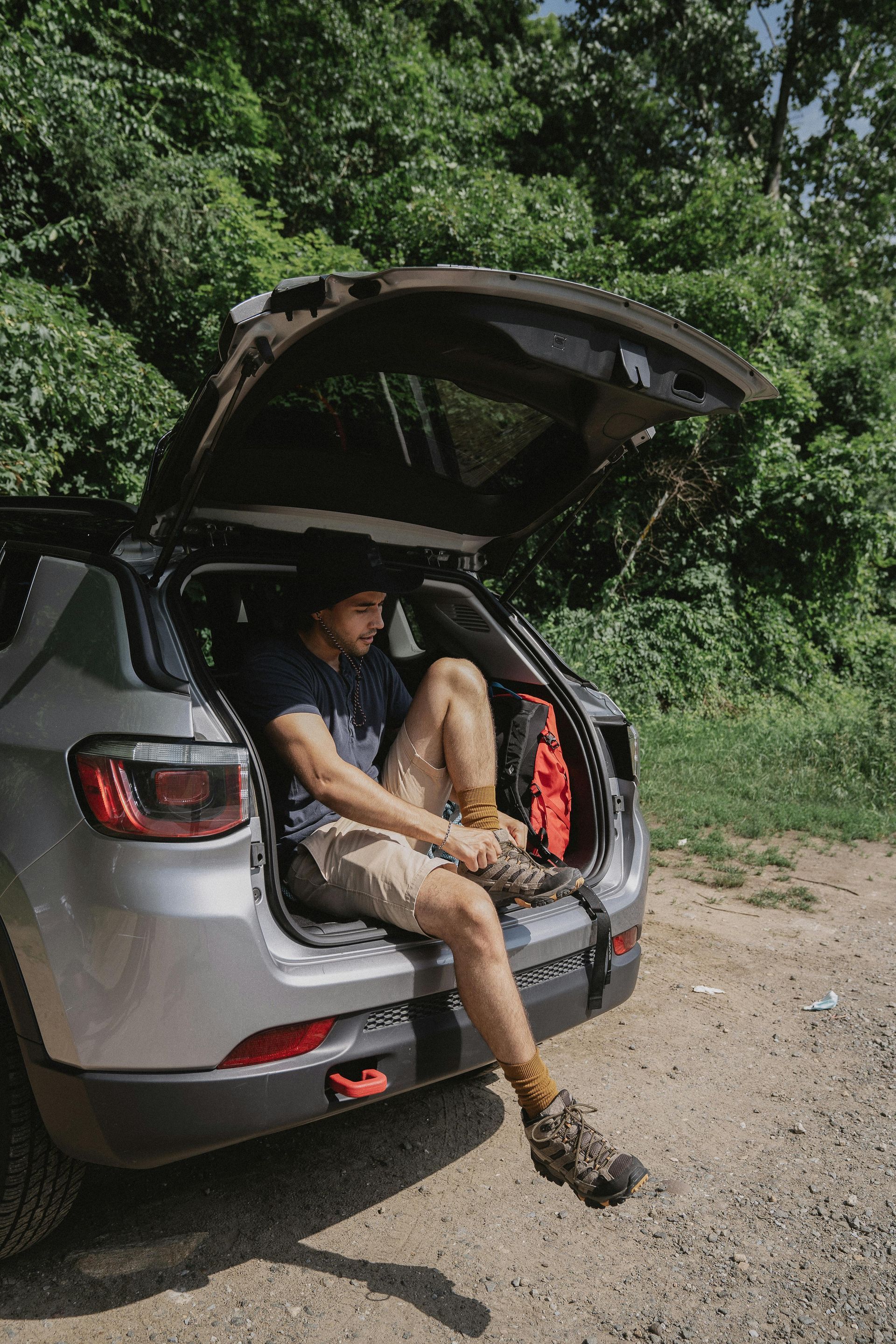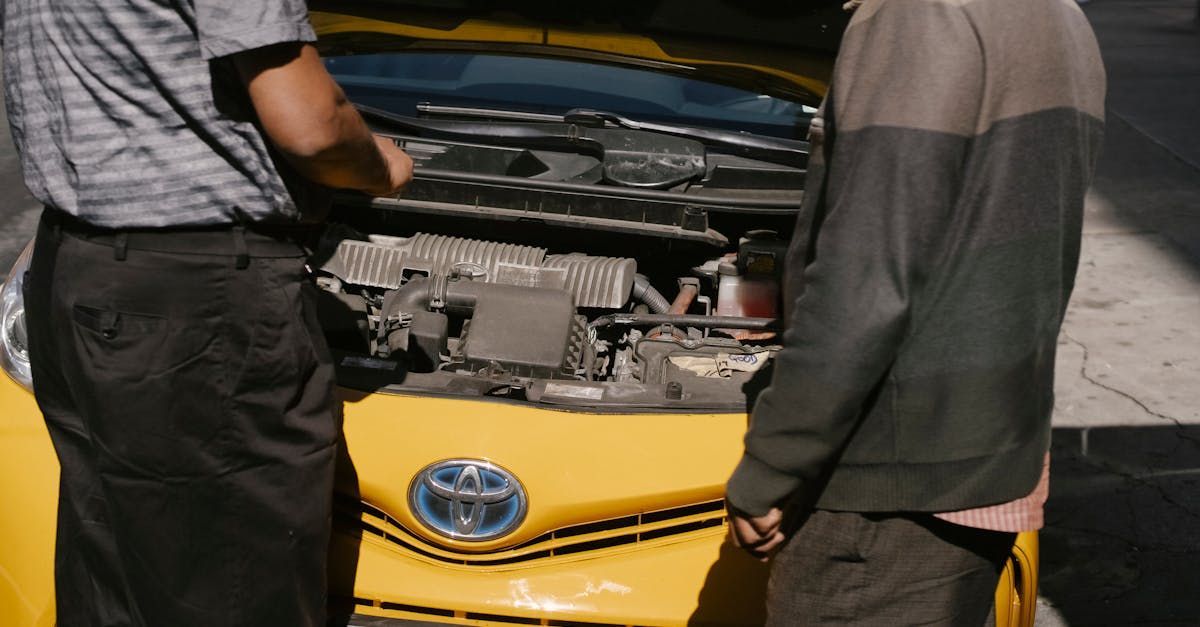Need Help Now? Call 570-839-7270
What are the Towing Class Receivers
When it comes to towing, understanding the different towing class receivers is crucial. Choosing the right towing receiver for your vehicle ensures safety and efficiency. This guide will walk you through the various towing hitch classes, helping you make an informed decision.
What Are Towing Class Receivers?
Towing class receivers are standardized categories that define the towing capacity and compatibility of hitch receivers with vehicles. These classes range from Class I to Class V, each designed for different towing needs and vehicle types.
Class I: Light-Duty Towing
Class I towing receivers are the lightest duty hitches available. They typically have a maximum towing capacity of 2,000 pounds and a tongue weight capacity of 200 pounds. These receivers are ideal for small cars and light-duty towing, such as bike racks or small trailers.
Class II: Moderate-Duty Towing
Class II towing receivers can handle more weight than Class I. With a towing capacity of up to 3,500 pounds and a tongue weight capacity of 350 pounds, these receivers are suitable for mid-sized cars, minivans, and crossovers. They're perfect for towing small boats or utility trailers.
Class III: Versatile Towing
Class III towing receivers are the most versatile and commonly used. They can tow up to 6,000 pounds and have a tongue weight capacity of 600 pounds. These receivers fit trucks, SUVs, and larger crossovers. They're ideal for towing large trailers, boats, and campers.
Class IV: Heavy-Duty Towing
Class IV towing receivers are designed for heavy-duty towing needs. With a towing capacity of up to 10,000 pounds and a tongue weight capacity of 1,000 pounds, these hitches are suitable for large trucks and SUVs. They're commonly used for towing large campers, horse trailers, and heavy machinery.
Class V: Extra Heavy-Duty Towing
Class V towing receivers are the heavyweights in the towing world. They offer a towing capacity of up to 20,000 pounds and a tongue weight capacity of 2,000 pounds. These hitches are designed for commercial trucks and heavy-duty towing applications, such as large equipment trailers.
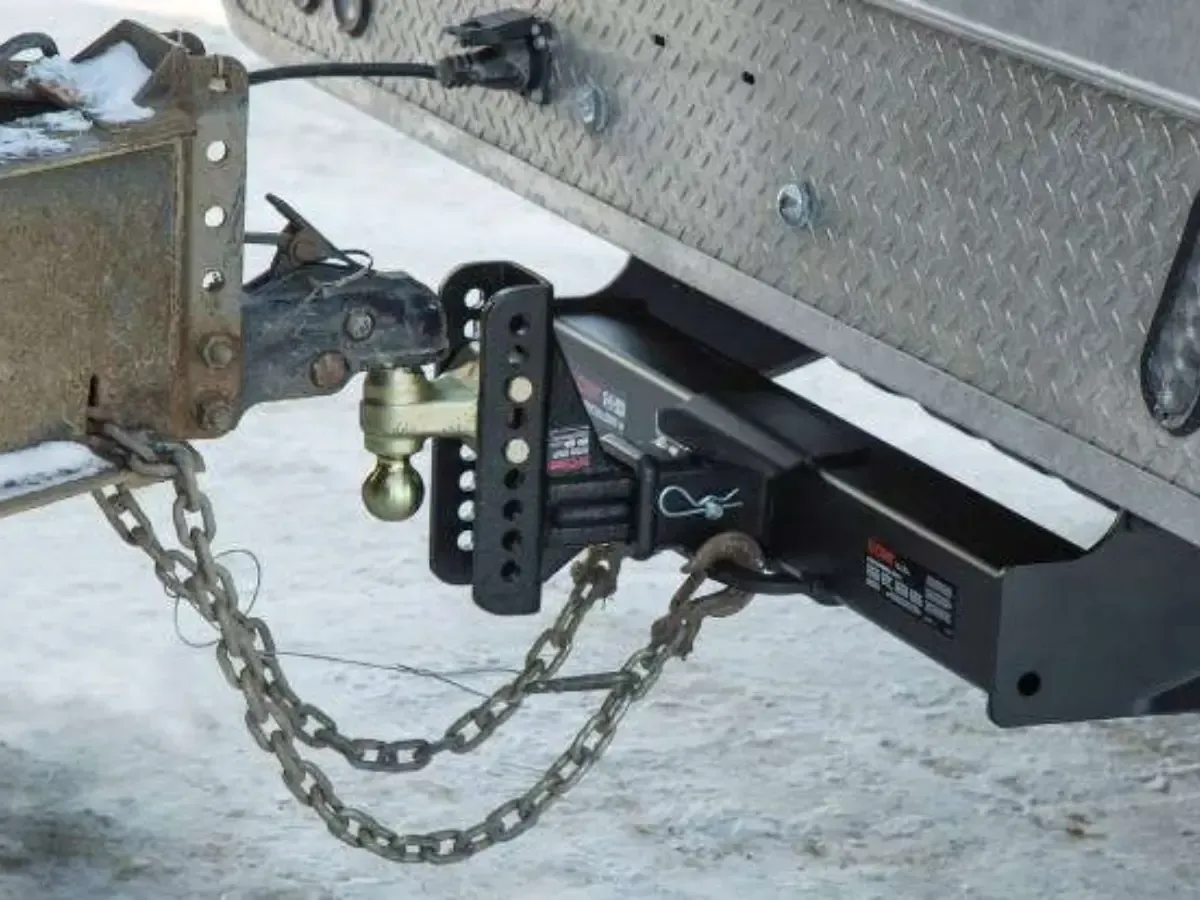
Photo By: Curt
Choosing the Best Towing Receiver for Your Vehicle
Selecting the right towing receiver depends on your vehicle's towing capacity and your towing needs. Here are some tips to help you choose:
Check Your Vehicle’s Manual: Always refer to your vehicle’s manual to understand its towing capacity.
Consider Your Towing Needs: Think about what you plan to tow and choose a class that fits those requirements.
Professional Installation: For safety and efficiency, consider professional towing receiver installation.
Towing Receiver Installation
Placeholder Image: Towing Installation
Proper installation of your towing receiver is crucial. Many auto shops offer professional installation services to ensure your hitch is securely attached. Incorrect installation can lead to accidents and damage to your vehicle.
Towing Accessories
To enhance your towing experience, consider investing in towing accessories such as:
Hitch Locks: To secure your trailer.
Weight Distribution Systems: To balance the load.
Trailer Brake Controllers: For better braking control.
Contact Murray's Towing for Your Towing Needs
At Murray's Towing, we understand the importance of choosing the right towing receiver for your vehicle. Our expert team is here to help you make the best decision for your towing needs.
Contact us today for professional towing receiver installation and ensure a safe and efficient towing experience. Happy towing with Murray's Towing! Contact us now.
Murray's Towing Blog
Get the Lift You Need, Today!
Need a lift? Reach out to us today! Our team at Murray's Towing is ready to provide you with top-notch assistance when you need it most. Don't hesitate, get the lift you need now!
We will get back to you as soon as possible.
Oops, there was an error sending your message.
Please try again.
All Rights Reserved | Murray's Towing | Powered by Quantifi Media


